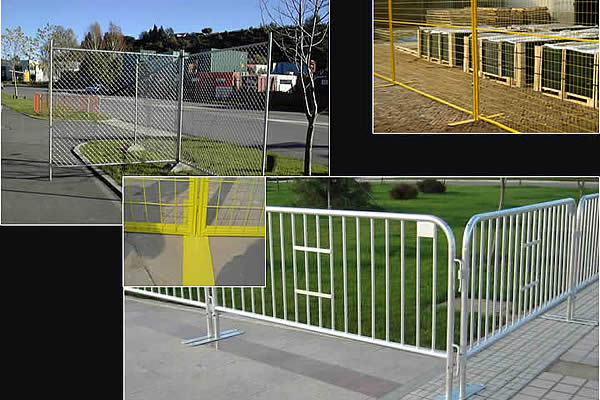 TEL:
+86-13102802206
TEL:
+86-13102802206
 Email:
fencenetting@china.com
Email:
fencenetting@china.com
 Language
Language
 TEL:
+86-13102802206
TEL:
+86-13102802206
 Email:
fencenetting@china.com
Email:
fencenetting@china.com
 Language
Language


The Concept of Narrow Gabion Walls A Sustainable Solution for Modern Construction
In recent years, the construction industry has increasingly embraced sustainable practices that not only enhance structural integrity but also minimize environmental impact. One such innovation is the use of narrow gabion walls. These walls, composed of modular wire mesh containers filled with rocks, soil, or other materials, provide a versatile and eco-friendly option for a variety of applications, ranging from retaining walls to decorative landscaping features.
What Are Narrow Gabion Walls?
Narrow gabion walls are essentially smaller versions of traditional gabion structures. While standard gabion walls may be several feet wide, narrow gabions often measure less than one foot in thickness. This sleek design makes them an ideal choice for projects where space is at a premium but strength and durability are still essential. The wire mesh containers are filled with stones or other materials, which can be selected based on the desired aesthetics and functional requirements.
Benefits of Narrow Gabion Walls
1. Environmental Sustainability One of the most significant advantages of narrow gabion walls is their positive impact on the environment. The use of locally sourced stones reduces transportation emissions, while the design allows for the drainage of rainwater, promoting natural groundwater replenishment. Furthermore, the materials used can blend in seamlessly with the surrounding landscape.
2. Aesthetic Appeal Narrow gabion walls offer an attractive solution for landscaping projects. The variety of filling materials allows for customization and creativity in design. Homeowners and landscape architects can choose between different types of stones or even recycled materials to create visually appealing structures that enhance the overall environment.

3. Ease of Installation Unlike conventional walls, which often require heavy machinery and extensive groundwork, narrow gabion walls are relatively easy to install. The modular nature of the gabion units allows for straightforward stacking and alignment, making them suitable for both DIY enthusiasts and professional contractors.
4. Cost-Effectiveness In terms of materials and labor, narrow gabion walls can be more budget-friendly than traditional wall systems. The local sourcing of materials and the ease of installation often lead to reduced costs, making this an attractive option for both commercial and residential projects.
Versatility in Application
Narrow gabion walls can be used in a diverse range of applications. For instance, they are commonly employed as retaining walls to hold back soil in gardens or on sloped properties. Their porous nature allows for effective drainage, reducing the risk of water-related issues such as erosion. Additionally, narrow gabion walls can serve as noise barriers in urban settings, where they not only block sound but also add a unique aesthetic to the urban landscape.
In landscaping, narrow gabions can define spaces, create borders for flower beds, or even serve as seating elements in outdoor living areas. Their modularity enables flexibility in design, allowing for innovative configurations that break away from traditional straight-line constructions.
Conclusion
In summary, narrow gabion walls represent an innovative step forward in sustainable construction practices. Their combination of aesthetic appeal, environmental benefits, and practical functionality makes them an attractive option for a variety of applications. As the construction industry continues to seek eco-friendly solutions, narrow gabion walls stand out as a versatile choice, capable of meeting the challenges of modern architecture while honoring the principles of sustainability. Whether for retaining soil, enhancing landscape design, or creating noise barriers, narrow gabion walls are proving to be a valuable asset in the toolbox of contemporary builders and architects.